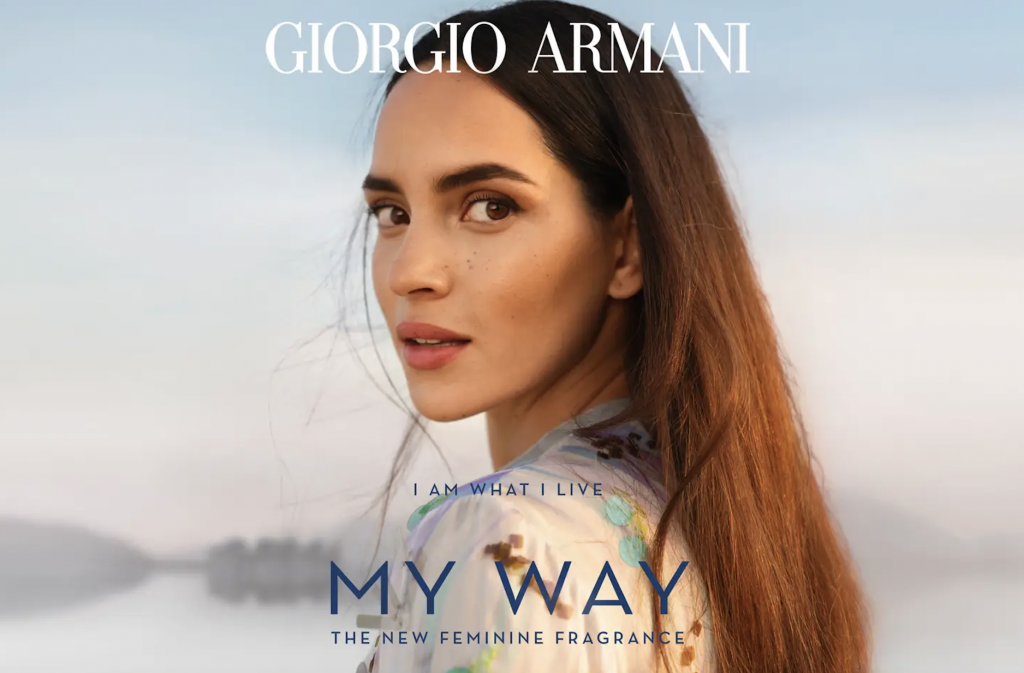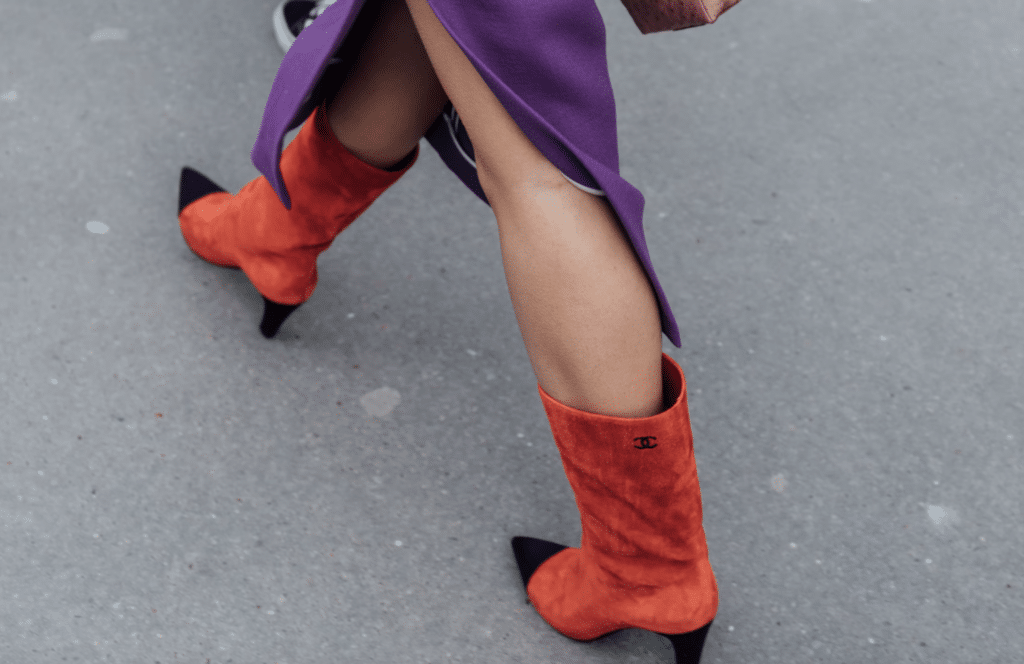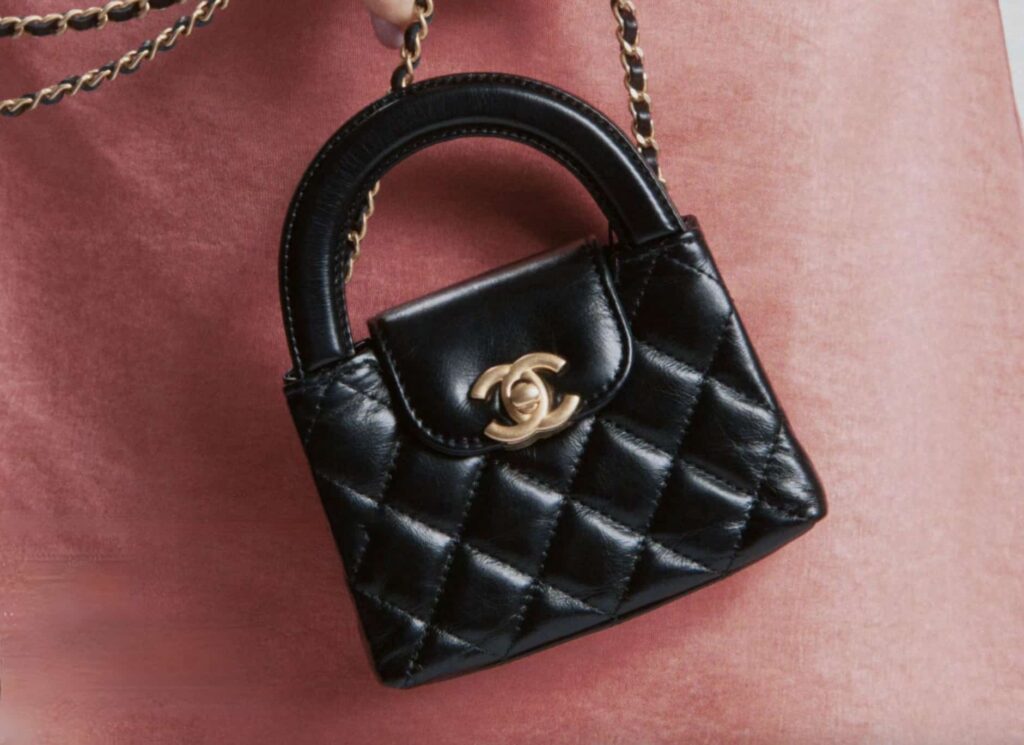Amid enduring chatter that Richemont may ultimately merge with Gucci-owner Kering or maybe LVMH Moët Hennessy Louis Vuitton, making the Swiss luxury goods conglomerate’s chairman Johann Rupert “the most powerful man in luxury” at the moment, as Bloomberg’s Andrea Felsted put it last week, another headline-making M&A transaction may also be in the cards. 86-year old Giorgio Armani recently revealed that he is entertaining the idea of trading in his celebrated brand’s long-standing status as an independently-held entity and partnering with an established group, a move that would fall neatly in line with a larger trend of mergers and acquisitions that is running through the fashion and luxury sphere.
A lengthy profile published by Vogue on March 31 provides a noteworthy bit of information on this front. In between talk of the forces shaping the modern fashion industry (“fast fashion, sustainability, diversity, e-commerce, resale,” etc.”) and the enduring impact of the COVID pandemic, Vogue contends that Mr. Armani – who founded his Milan-based eponymous label in 1975 – “allows that the idea of Armani continuing as an independent company is ‘not so strictly necessary.’” More specifically, the legendary fashion figure says that “one could think of a liaison with an important Italian company.” The revelation is striking, given that, as Vogue states, “Mr. Armani has insisted” – for years – “on his company’s independence, even as Gucci and Fendi and Pucci and other Italian luxury giants sold to the French conglomerates Kering and LVMH.”
Without naming names (and in lieu of any guesswork from Vogue), Mr. Armani provides a couple of potentially significant clues in the interview about what such a deal could look like. For one thing, he seemingly doubles down on the Italian heritage of a prospective acquirer, saying that “a French buyer is not in the cards,” thereby, ruling out obvious picks like LVMH and Kering. He also – quite tellingly – notes that the buyer would “not necessarily [be] a fashion company.” With the latter point in mind, a quick game of connect-the-dots suggests one very likely name: Exor N.V.
While it has made headlines in recent months due to its fashion-centric deals (it announced in December that it would invest “around €80 million [$96.9 million] in Shang Xia, the China-centric fashion brand formerly owned by Hermès, and in early March revealed a new 24 percent stake in luxury footwear brand Louboutin), Exor is certainly not a fashion conglomerate in the same way as Louis Vuitton’s parent or Gucci’s owner. In fact, the Netherlands-incorporated investment group run by Italy’s Agnelli family – whose late scion Giovanni Agnelli was one of the original founders of Fiat motor company – is best known for its holdings outside the confines of the fashion industry. These include sizable stakes in reinsurance company PartnerRe Ltd., Italian football club Juventus F.C., Italian media group GEDI Gruppo Editoriale, luxury automaker Ferrari, publisher Economist Group, capital goods entity CNH Industrial N.V., and Stellantis, which is the result of the recent merger between Fiat Chrysler Automobiles group and French automotive group PSA.
Exor’s historically non-fashion focus appears to be changing, though, and Armani may help further that shift. After all, the group’s acquisitions of Shang Xia and Louboutin have prompted speculation among analysts that it may be looking to build a luxury conglomerate around Ferrari – one of the world’s most esteemed luxury entities – under the watch of Exor Chairman and CEO John Elkann, who is regarded as one of the most talented capital-allocators of his generation. (The grandson of Giovanni Agnelli, 45-year old Elkann is credited with helping to save the “nearly-bankrupt” Fiat beginning almost two decades ago, and more recently, for pioneering the merger between Fiat Chrysler Automobiles NV and PSA Group, and creating the world’s third-largest car maker by auto-sales in the process.)
A push by the company into luxury makes sense in light of the sheer depth of Exor and the Agnelli family’s understanding of – and connections in – that sphere. As we previously noted, the expertise that the group has built as a result of its majority ownership of Ferrari – which operates more in the luxury space than the traditional auto market – is integral to Exor’s quest to build time-tested, valuable companies, and could easily be applied to building more fashion-oriented luxury brands. Elkann appeared to echo this – and maybe allude to addition industry acquisitions – in his annual letter to Exor shareholders, which was released this month, stating, “Over the years, we have developed considerable knowledge about the luxury sector and our ownership of Ferrari has allowed us to understand better the art of building luxury brands.”
When it comes to Exor’s connections in the upper echelon of the fashion industry, the board of Ferrari is quite illustrative – with Louis Vuitton Executive Vice President Delphine Arnault, Yves Saint Laurent president and CEO Francesca Belletini, and Chanel Inc. President and COO John Galantic all maintaining non-executive director positions. Meanwhile, Mr. Elkann’s sister Ginevra Elkann has been an independent director on Kering’s board since 2018.
Exor has been clear that it “invests in single companies, not in sectors,” such as fashion or luxury, and yet, there is still room to speculate that it may have its sights on other, similarly-situated companies. As for what fashion entities might make sense beyond Armani, there are two conceivable Italian names: Valentino – which Qatari fund Mayhoola for Investments acquired from British private equity firm Permira in 2012 for $856 million – has been the subject of M&A speculation for several years. (A bid to sell could help explain Valentino’s enduring litigation centering on its rights in the Valentino name). And there is also Prada, whose CEO Patrizio Bertelli is said to be actively talking with bankers about a potential merger for the group’s marquee brand. (It is unclear whether Exor would be interested in Prada, which falls under the umbrella of the SEHK-traded Prada Group, given its penchant for privately-held companies).
One thing that is clear about Exor, however, as the company revealed in a statement in connection with the Louboutin deal (and as the Shang Xia acquisition makes perfectly clear), whatever brands its does end up acquiring (if any), its focus is firmly on China. “There is significant scope to develop the Christian Louboutin brand’s presence, notably via further geographic expansion, particularly in China,” company stated in a release in March. Since then, Elkann emphasized this in his shareholder letter, stating, “Chinese consumers account for one third of luxury spending today, and that proportion is forecast to grow to almost half the total, with China becoming a ~€95 billion market by 2025.”
As for existing ties between Exor and Armani, the parties do have a history. They recently announced a multi-year tie-up in furtherance of which Reuters reported in March, Armani will manufacture “branded clothing for all [the Scuderia Ferrari] racing team’s off-track duties.” In a statement last month, Mr. Armani revealed that “more than ever,” the companies “need to pull together as a system to promote Italian excellence, creating a synergic dialogue among different disciplines.” And not a one-off deal, the recently revealed F1 sponsorship follows from an existing partnership between the two, which was announced in 2019, and will see Ferrari roll out its own luxury-level apparel and accessories collections with the help of Armani, as it continues to cut down on its formerly expansive licensing program in favor of fewer – more upscale – initiatives.
UPDATED (April 27, 2021): Kering has announced that Ginevra Elkann has stepped down from its board. “As a result of her changing roles within Exor, [where] she is also a board member, and in order to avoid any potential conflicts of interest, Ginevra Elkann has resigned from her position as a member of Kering’s board of directors,” Kering said in a statement on Tuesday, as reported by WWD.











